You may hear the words “sustainable procurement” frequently. But what exactly does that mean?
Let’s start with “procurement.” This refers to the acquisition, management, and maintenance of certain resources including, but not limited to, land, human work-force, energy, water, transport, materials, waste, and other outsourced services.
Several thought leaders in the energy and power sector have created a methodology called “sustainable procurement.” This refers to acquiring services and products while considering environmental, economic, and social impacts related to an organization’s buying choices. For example, sustainable procurement could be a business buying energy-saving light-bulbs or the construction of a new office building from renewable materials.
Sustainable Products and Our Planet
Today’s political and industrial landscape rapidly changes. These super-fast dynamics often mean that natural reserves are depleting at an exponential level. Take the recent fires in the Amazon, the melting glaciers in the Arctic, or the frequent devastating hurricanes as examples. The climatic changes facing the world show no signs of improvement unless significant decisions are implemented globally.
A report published by the TheFuturesCenter.org claims that by 2030, the world will be a difficult place to live, perhaps even inhabitable in parts of the world, if sustainable procurement methodology is not exercised.
Let’s take a look at some of the most notable characteristics of sustainable products:
- Superior energy
- Water efficiency
- Hazardous material absences
- Easier upgradability
- Longer life
- Effective waste disposal
- Increased recycling
The same report also identifies the areas where change could occur – even now in the political, industrial and digital landscape:
- The Plastic Conundrum: Around 8 million tons of plastic ends up in the oceans each year.
- Rapid Climate Change: Each year, the global temperature rises. For the year to date, 2019 is tied with 2017 as the second-warmest year on record. July 2019 was the hottest month ever recorded on Earth with records dating back to the 1800s.
- Nationalist Movements: The continuing global rise of nationalist movements creates crises including, but not limited to, wealth inequality, domestic and international migration, and economic instability. These movements also can alter climate treaties and legislation about climate change.
- Social Media Crisis: Social media is shifting people’s perceptions on the world. Many governments have seized social media – for the better – and uses social platforms to share their efforts to curb climate change is a smart step towards a sustainable environment.
Sustainable Procurement Expectations in 2019
With an increase in awareness in sustainable procurement, progress has surprisingly already been quick. Many companies in the United States are still dormant about adopting sustainable standards, but several have already started making a difference.
A report published by The Guardian praises these companies and predicts that by 2025, half of the companies that are thus far not committing to procurement will have sustainable standards. Some companies that are already making an impact include:
Alcoa:
One-fifth of executive bonus compensation has been reserved for environmental stewardship, energy efficiency, and greenhouse gas emission.
PepsiCo:
An undisclosed amount of overall annual revenue is spent on sustainability goals including climate change, public health issues, water scarcity, and other global challenges.
Coca-Cola:
This beverage company has drastically improved water efficiency by 20% and also invests in third-party services to test water usability.
Starbuck’s:
During a 2013 annual general meeting, CEO Howard Schultz introduced a transparent supply-chain methodology and also kicked-off a campaign aimed at increasing sustainable farming.
Is your company grasping sustainable procurement? The fact that so many companies are positioning themselves as leaders in sustainable procurement practices shows that asking questions with longer-term impacts is not only important for people and climate, it's also sound business.

